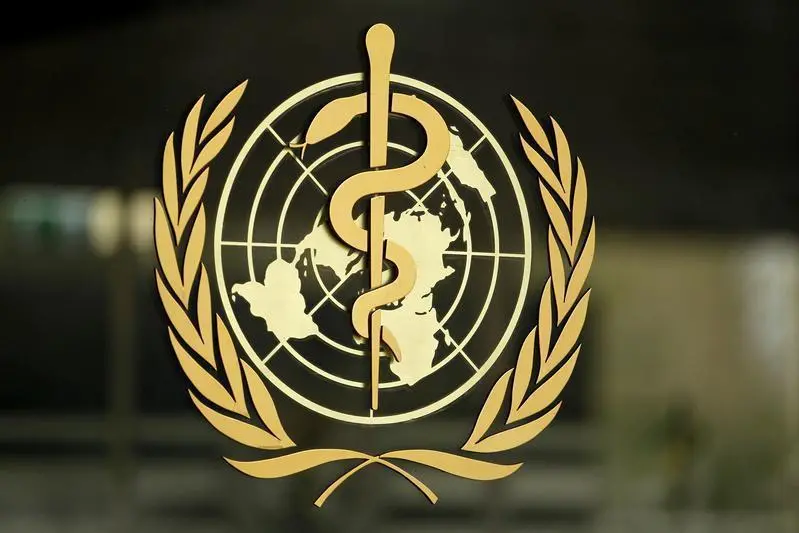PHOTO
Hospital Acquired Infections (HIA's) or Hospital Acquired Diseases are on the rise globally and millions of lives are lost due to no reason of the patients but of the hospital and the healthcare workers.
However, some 26 hospitals from Oman’s both public and private sectors are ranked high in Patient Safety Friendly Hospital (PSFH) initiative of the World Health Organisation (WHO).
Although there are very few studies on HAI's or Health-Care Acquired Infections (HCAI's) in Oman, one of the studies conducted in 2023 showed the prevalence of 8.9 cases per 1,000 admissions and males were more prone to get HAI than females in that study.
“This (having a low number of HAI's) is a national achievement that the Sultanate of Oman’s healthcare system can be proud of,” according to the WHO.
Patient Safety Friendly Hospital is an initiative undertaken by WHO in the region which aims at enhancing the visibility and implementation of patient safety practices in healthcare facilities.
Also mostly all private hospitals are accredited by some international agency like JCI, USA or NABHI, India, or Australian, for Health care standards and policies.
Shockingly, HCAI's are causing more deaths than road accidents across the world and according to the WHO estimate, out of every 100 hospitalised patients, seven in developed and 10 in developing nations will acquire at least one HCAI. Hundreds of millions of patients are affected by such infections, which claim millions of lives each year, according to experts.
"Health care-associated infections or infections acquired while being treated at hospitals and healthcare facilities are one of the major challenges across the world," says Dr Mahmood al Rahbi, Head of Emergency Department at Al Nahdha Hospital.
Every year, millions of patients die or get injured because of unsafe and poor quality healthcare. There are an estimated 421 million hospitalisations in the world every year, and on an average, 1 in 10 of these results in some kind of adverse events.
MoH has guidelines for infection control which all hospitals implement and they include hand hygiene, sterilisation of instruments and equipment, regular checking of surfaces especially critical area like ICU's, OTs, by taking cultures for various organisms.
"Fortunately in Oman, we have MoH guidelines in place, private hospitals also have international accreditation too, and are scoring high on the Patient Safety Friendly Index," says Dr Dilip Kumar Singvi, Specialist, Internal Medicine and Head Infectious Diseases at Burjeel Hospital.
"We are aware of the magnitude of the problem and have been maintaining the protocols for controlling HAIs."
According to him, the most common HAIs are Bloodstream Infection (Sepsis), Catherter Associated Urinary Tract Infection (CAUTI), Surgical Site Infection (SSI), Ventilator Associated Pneumonia (VAP), and Pneumonia and Clostridium Difficile GI Infections.
Dr Padmakumary, Head of infection control Alsalama Polyclinic advocates Oman's national goal of 'Clean Hands and safe hands'.
"Appropriate hand hygiene is the first and for most defence to prevent the discrimination of many pathogens including highly contagious virus like sauce, Covid2," she said, adding that health institutions should make staff training in hand hygiene standard precautions, proper use of PPE and public awareness part of their business.
One of the most common causes of HAIs is poor hand hygiene of health care workers and hence they are also called health care associated infections (HCAI), followed by contaminated hospital surfaces, contaminated instruments, and poor waste management.
2022 © All right reserved for Oman Establishment for Press, Publication and Advertising (OEPPA) Provided by SyndiGate Media Inc. (Syndigate.info).
Kabeer Yousuf





















